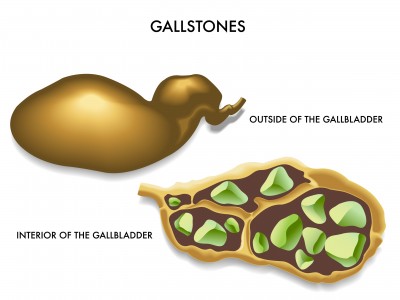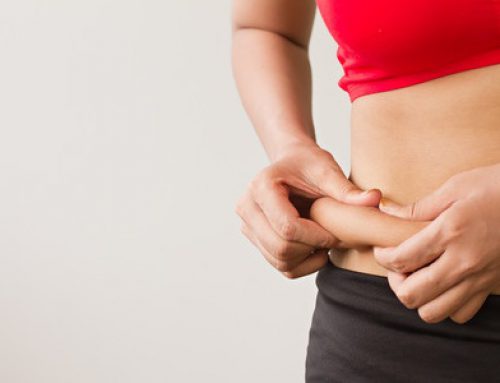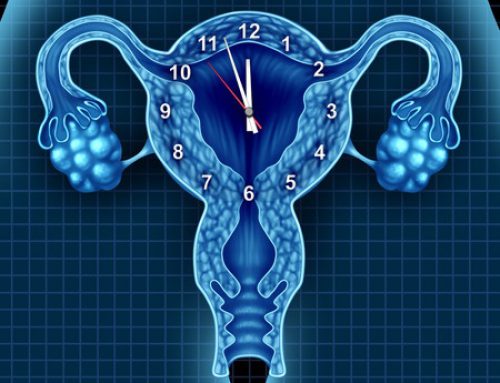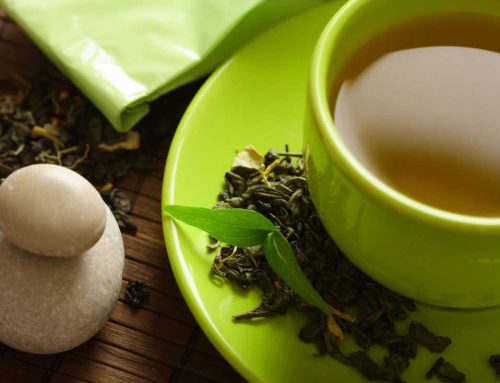 Have you ever experienced a gallbladder attack? It’s certainly not among the most pleasant of life’s experiences.
Have you ever experienced a gallbladder attack? It’s certainly not among the most pleasant of life’s experiences.
Both men and women are at risk for developing gallstones, although women are more susceptible to gallstone formation than men. In fact, women are developing gallstones much earlier in their lives now, which can be tied to the Diabetes and obesity epidemic and the pervasive use of hormonal birth control in our society.
What is a gallstone?
Cholesterol and/or pigments in the bile harden and form into stones within the gallbladder. Cholesterol stones are the most common type of gallstone, representing approximately 80% of stone formations.
What are signs and symptoms of gallstones?
Often, people associate gallstones with right upper-quadrant pain, which worsens after consuming fatty meals. While this occurrence of acute pain is common among patients with gallstones, there are several other accompanying symptoms that are unrecognized or misdiagnosed. For women, symptoms of nausea or indigestion (not necessarily following a meal) are very common. These symptoms may indicate that a person has gallstones forming. Therefore, it is really important not to dismiss these symptoms and make every effort to get to the bottom of why you are experiencing nausea and indigestion.
Lifestyle factors that contribute to gallstone formation
There are several lifestyle factors that contribute to the formation of gallstones:
- Being female. As women, we’re prone to gallstones because we have a lot of estrogen and progesterone and they contribute to gallstone formation.
- Nutritional factors. Consuming a low-fiber/high animal product diet puts a person at higher risk for developing gallstones due to the high level of inflammatory mediators (such as arachadonic acid) in the bile.
- Leaky gut syndrome. Dysbiosis caused by food sensitivities can lead to gallbladder problems.
- Sedentary lifestyle. Your gallbladder only moves as much as you move your body. If you have a sedentary lifestyle, you’re more likely to have a sluggish gallbladder that doesn’t want to secrete bile.
All of these factors lead to unhealthy bile, also known as lithogenic bile – bile that is prone to gallstone formation. Another cause is the production of excessive mucus and phlegm in the body. (I seem to talk about phlegm a lot!) Phlegm does not allow things to flow easily in the body, and therefore increases the likelihood of your gallbladder becoming sluggish. That can mean that it doesn’t secrete bile well.
Factors that Worsen Gallstones
Certain pharmaceuticals can worsen or exacerbate gallstone formation. In particular, those medications that contain estrogen can cause problems:
- Birth control pills
- Tamoxifen
Gallstones are both common and painful. However, there are several options available to help you not only to treat them, but also to prevent them from forming in the first place. Have you experienced gallstones? Share your experience in the comments section below.







